Addiction struggles are often connected to poor mental health or a diagnosable condition. Substance abuse is not something that typically happens on its own. Various factors can influence addiction, and mental health is one of the greatest and most common. Certain addictions are also more likely to co-occur with a mental health condition. Alcohol is one of the most widely abused substances, and many individuals struggling with alcohol addiction simultaneously live with poor mental health. Meanwhile, depression is one of the most common mental health conditions and can frequently co-occur with addiction. When someone struggles with alcohol and depression, symptoms can spiral out of control.
If alcohol addiction goes untreated, it can lead to significant physical and mental health issues. Similarly, when someone struggles with depression, they require professional treatment to heal and manage their mental health. At California Centers for Recovery, we understand the connection between alcohol and depression and offer individuals the help they need to heal. We offer addiction treatment in Los Angeles and can provide you or a loved one with proper care and support.
The Relationship Between Alcohol and Depression
Alcohol and depression are often linked when it comes to addiction or mental health struggles. Since alcohol is a depressant, it affects the central nervous system. It has many physical and psychological impacts on the body, including lowered inhibitions, distorted judgment, loss of coordination, and disturbed perceptions. Depression is a persistent disorder characterized by lasting feelings of sadness, emptiness, and hopelessness. Everyone feels sad or lonely at times, but if these emotions are constant and last for at least two weeks, it is an indication of a larger mental health issue.
It is not uncommon for an individual struggling with depression to self-medicate with alcohol to numb their unwanted feelings. While they may experience temporary relief and numbness, chronic drinking will only make depression worse. When someone has depression and drinks frequently or too much, it increases the risk of severe depressive episodes. Alcohol can also make antidepressant medications less effective. It can be hard to reach out for help, but seeking professional support can ensure you get the guidance and care you need.
The Long-Term Effects of Alcohol
While alcohol is often associated with fun and good times, there are harmful consequences to heavy drinking. Depression is one of the many significant possible long-term effects of alcohol. Individuals struggling with alcohol addiction can face severe impacts on their physical, mental, and emotional well-being. Seeking professional treatment as early as possible can prevent these side effects from causing permanent or significant damage to your health.
Below are some of the potential long-term effects of alcohol:
- Mental health conditions
- Social problems such as strained relationships and unemployment
- Cancer
- Weakened immune system
- Heart disease
- Liver disease
- Learning and memory difficulties
For individuals facing alcohol and depression struggles, California Centers for Recovery offers treatment and therapy programs that can help you overcome addiction and learn how to better manage your mental health. We provide luxury detox and rehab for our clients. Our professional staff supports individuals through withdrawal symptoms safely and successfully. Once detox is complete, clients can continue their recovery journey in our various treatment and therapy programs.
Find Substance Abuse and Mental Health Treatment at California Centers for Recovery
If you are struggling with alcohol abuse and depression, you are not alone, and recovery is possible. At our facility, we can tailor our programs and services to best fit your needs and goals. Some of the substance abuse and mental health treatment programs we offer are:
- Residential treatment
- Luxury rehab
- Detox programs
- Men’s rehab program
- Women’s rehab program
- Cognitive-behavioral therapy
- Group therapy
- One-on-one therapy
- 12-step recovery
Call us at 877.328.5682 or complete our online form for more information about your treatment options.











